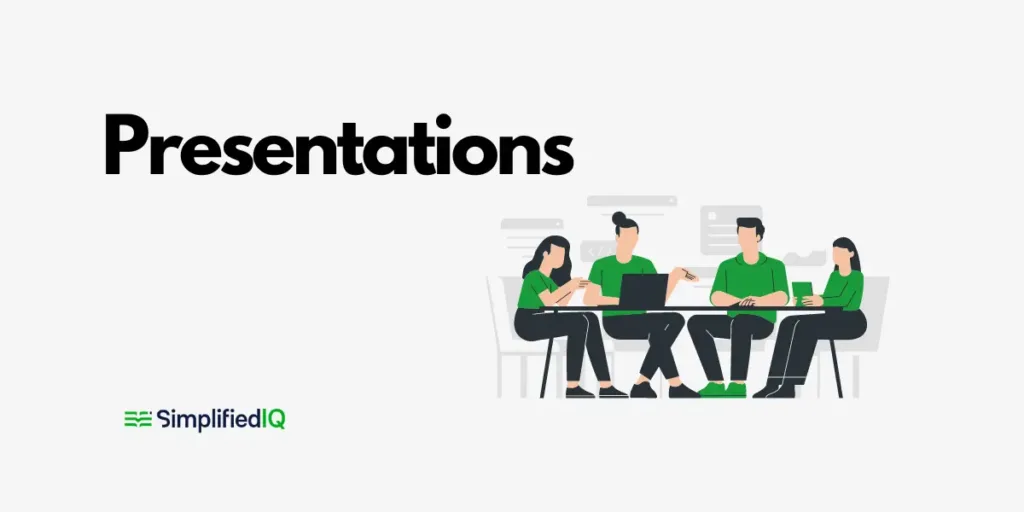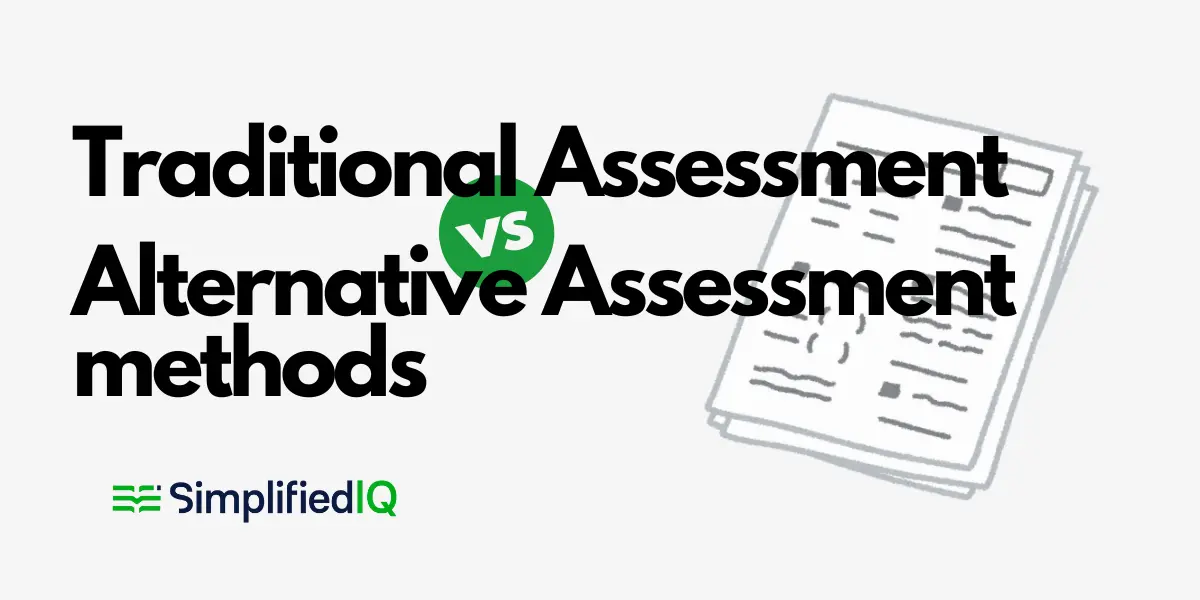Traditional assessments are still preferred by educators and instructors who believe that while alternative assessment methods can evaluate students’ understanding/knowledge of a subject and skills in depth, they can be subjective and lead to inconsistencies in grading.
Discussions like this are common in online forums and sometimes it feels like a war between EdTech advocates and people who are weary about EdTech.
In this article, we’ll be taking an unbiased look at the advantages and disadvantages of traditional and alternative assessments.
By the time you are done reading, you will decide with ease if maintaining traditional assessment methods is best for your institution or Bootcamp and if EdTech tools can help instructors save time with assessments and still get desired results so they focus on what they love doing more – teaching and making their teaching impactful.
Traditional Assessment Method
First, what are traditional assessment methods?
When you hear of traditional assessment methods, you may think that these methods involve archaic methods of assessment. That is far from it.
Traditional assessment methods are simply the structured methods of evaluating students that we are used to. These methods include quizzes, true or false tests, multiple-choice questions, fill-in-the-blanks, and essays.

While these can be easy to create and grade, they are mostly limited to testing student’s ability to recall. Let us discuss the advantages and advantages of traditional assessment methods.
Advantages of Traditional Assessment Methods
- Easy to create and grade.
- Used to measure how effective your training or teaching is.
- Suitable for K12 and high school assessments
- Allows for easy comparison of student performance across large groups or different educational settings. makes it simple to compare student performance in big groups or a different learning environment (eg inter-school maths competitions or national entrance exams).
Disadvantages of Traditional Assessment Methods
- Limited to testing student’s ability to recall.
- Limited feedback on students’ strengths and weaknesses, makes it difficult for educators to identify areas they need help with improving.
- Encourages recalling and memorizing more than critical thinking and problem-solving.
- May not be beneficial to students with distinct learning styles, such as those who learn best visually or practically.
Alternative Assessment Methods
Alternative assessment methods are methods of assessment that test students’ abilities beyond recollection.
With this method, students are tested for their ability to apply the knowledge they have acquired during training or classes rather than reproducing what they memorized ahead of the assessment.

Advantages of Alternative Assessment Methods
- Provide a more thorough assessment of student learning outcomes.
- Is less biased and more transparent than traditional tests.
- Increase student motivation and engagement as it offers an opportunity to explore topics in a way that aligns with their interests and learning styles.
- Detailed feedback on alternative assessments allows instructors to provide targeted guidance and support for each student. This feedback loop helps students identify areas for improvement and helps instructors tailor their guidance to each student’s individual needs.
- Suitable for Undergraduate, Bootcamps, and tech knowledge assessments including product design, coding, and data analytics assessments.
Disadvantages of Alternative Assessment Methods
- Creating, administering, and grading alternative assessments can be more time-consuming than traditional tests.
- Some alternative assessments might rely on technology tools for presentations, simulations, or online submissions. This can present challenges for students with limited access to technology or those who struggle with technical skills. SimplifieIQ helps onboard and integrate users seamlessly without needing multiple software.
- It may be challenging to collect and analyze data statistically due to the qualitative character of certain alternative assessments unless you use EdTech software that considers this and provides a solution to prevent this.
- May be time-consuming for both students and educators and may not accurately reflect student progress
Where are traditional assessment methods applicable?
Traditional assessment methods of assessment are generally used in various contexts, including:
- Standardized testing: Large-scale educational assessments, like SATs or ACTs.
- Academic evaluations: Grading students’ performance in formal education settings.
- Professional licensing: High-stakes exams for professions like medicine, law, or aviation.
- Research studies: Quantitative research requires objective, numerical data.
- Virtual learning environments: Such as LMSs eg Canvas, Blackboard etc
- Certification programs: Industry-specific certifications, like IT or accounting.
- Entrance exams: Competitive exams for admission to prestigious universities or programs.
- Regulatory compliance: Audits and assessments for legal or regulatory requirements.
- Performance evaluations: Employee performance reviews in traditional work settings.
- Scientific research: Experimental designs requiring control and objectivity.
Where are alternative methods of assessments applicable?
Alternative assessment methods are applicable in various contexts, including:
- Education: Non-traditional assessments for students with disabilities or different learning styles.
- Professional certification: Skills assessments for individuals without traditional qualifications.
- Coding bootcamps
- Workplace training: Competency-based evaluations for employees.
- Online or virtual learning: Automated and interactive assessments for online courses.
- Talent acquisition: Skills assessments for job candidates.
- Research studies: Innovative methods for data collection and analysis.
- Personal development: Self-assessments for goal setting and reflection.
Conclusion
You can see that both traditional and alternative methods of assessment have their advantages and disadvantages. It is best to combine both methods, depending on what you aim to identify among your students. You could want to identify knowledge gaps, learning outcomes, students’ ability to recall, and even how they apply knowledge learned.
I would say both traditional and alternative assessment methods are beneficial to both students and instructors and there are various assessment software that help you create assessments (traditional and alternative), grade, and evaluate students with ease and without bias.
To avoid having to use multiple software to get this done, it is best you use an all-in-one assessment platform that caters to if not all, at least of most your assessment needs like SimplifiedIQ.




